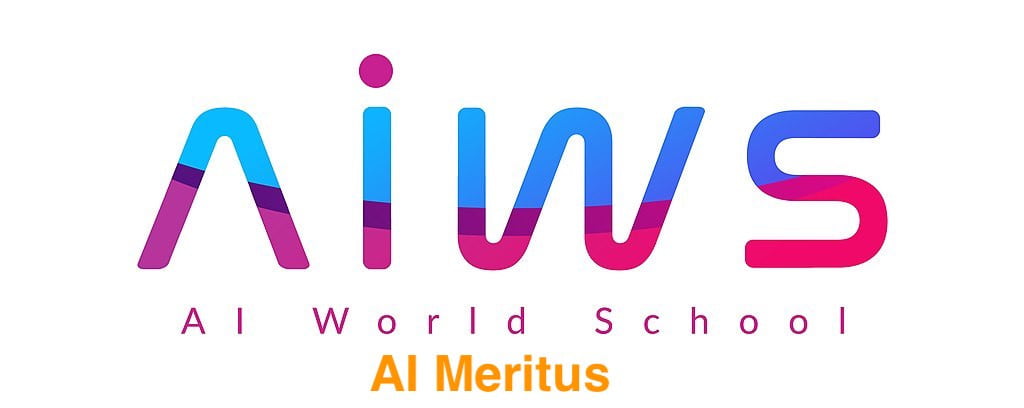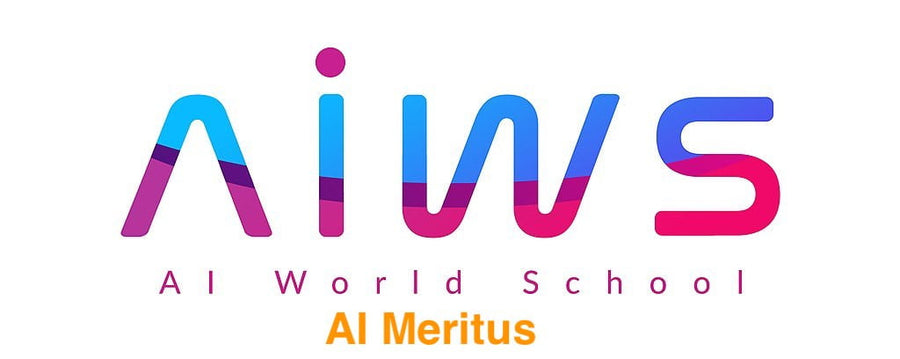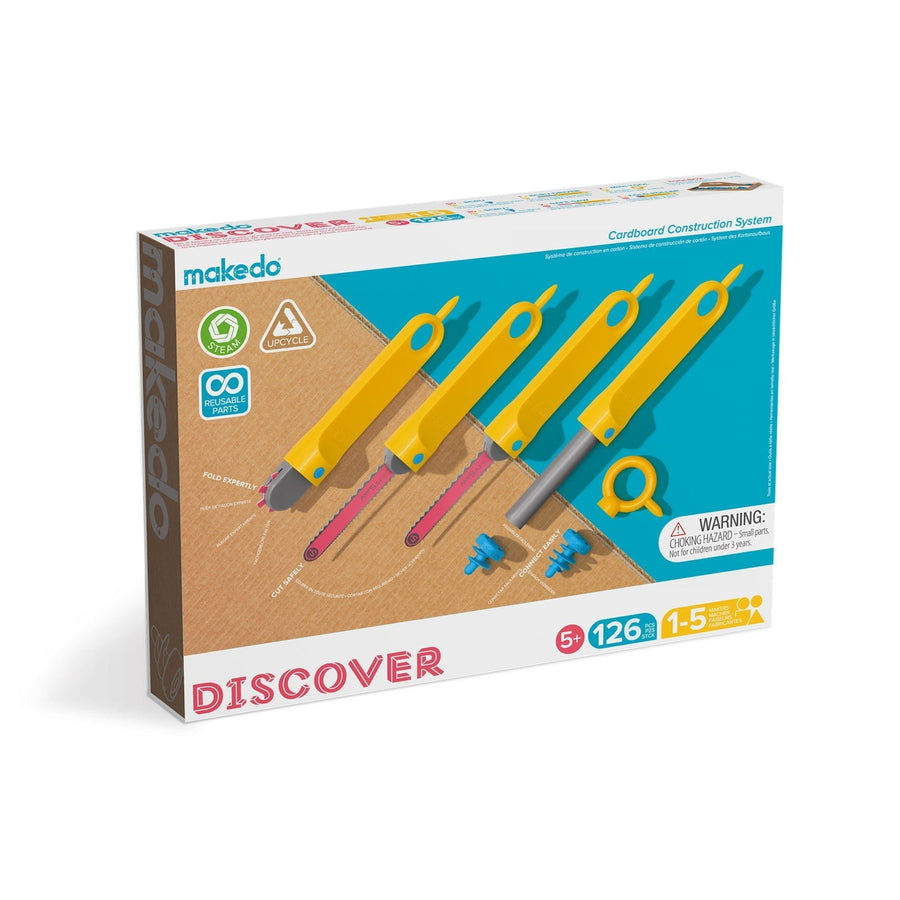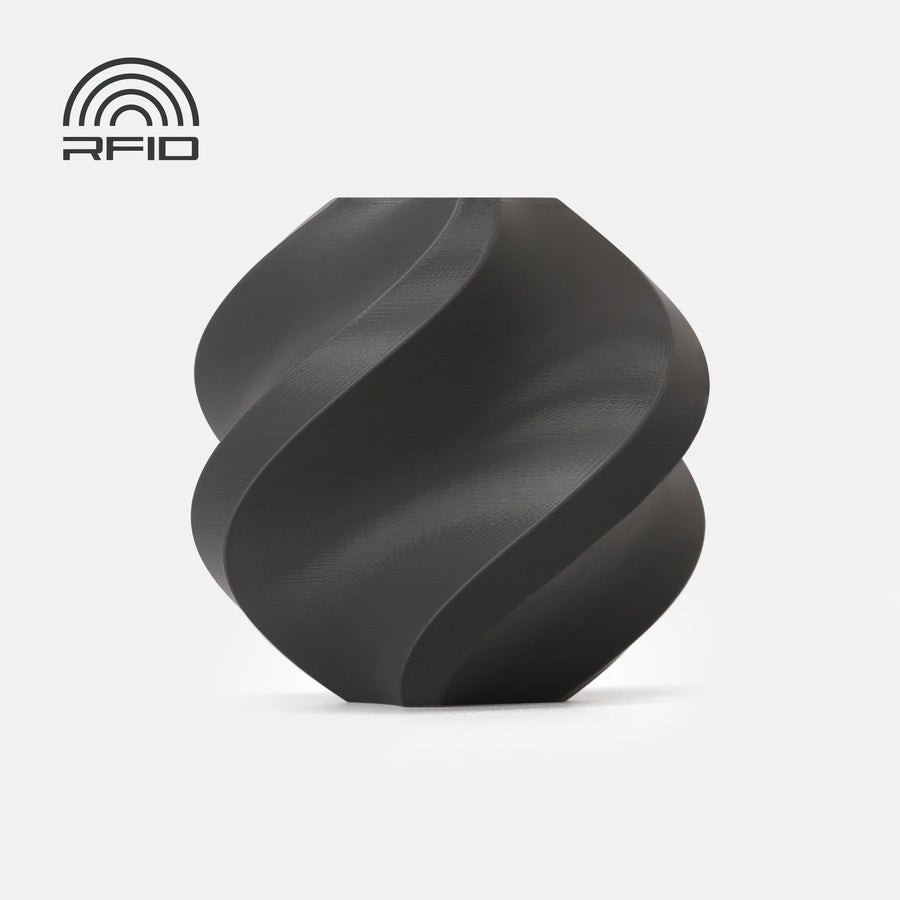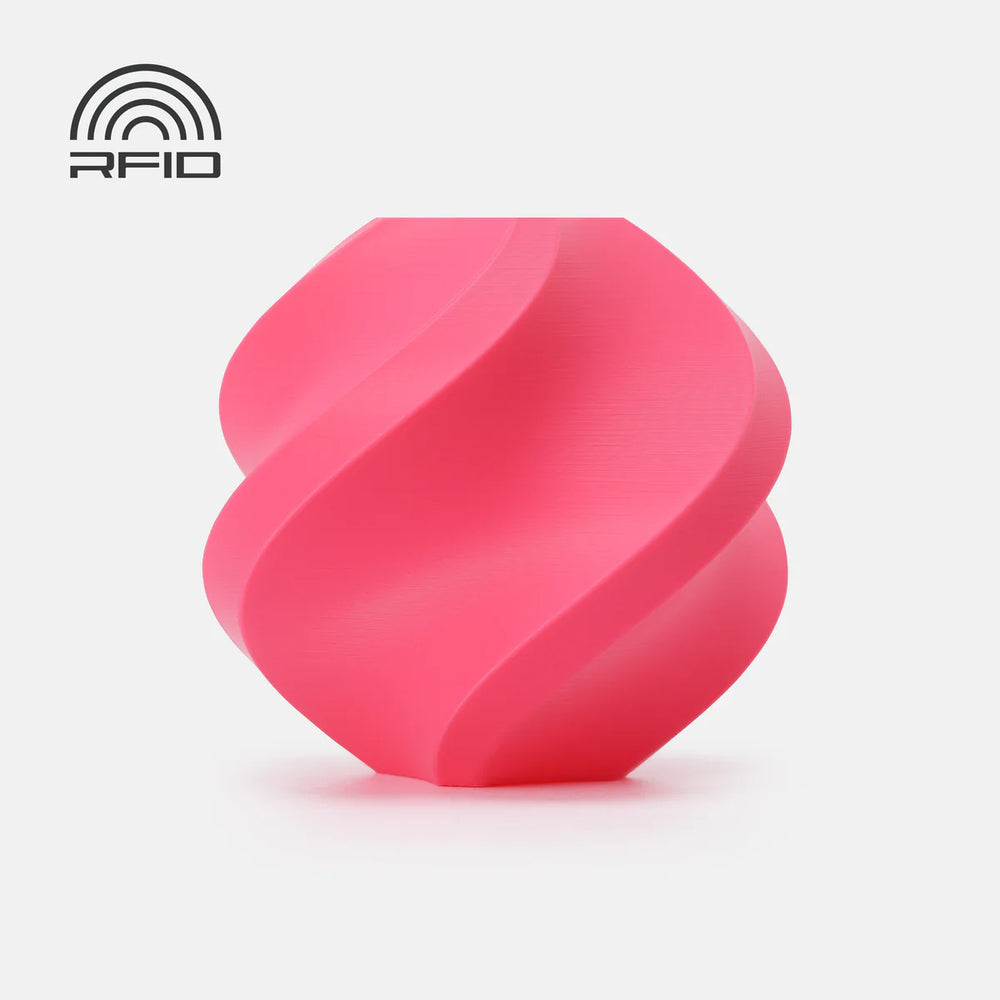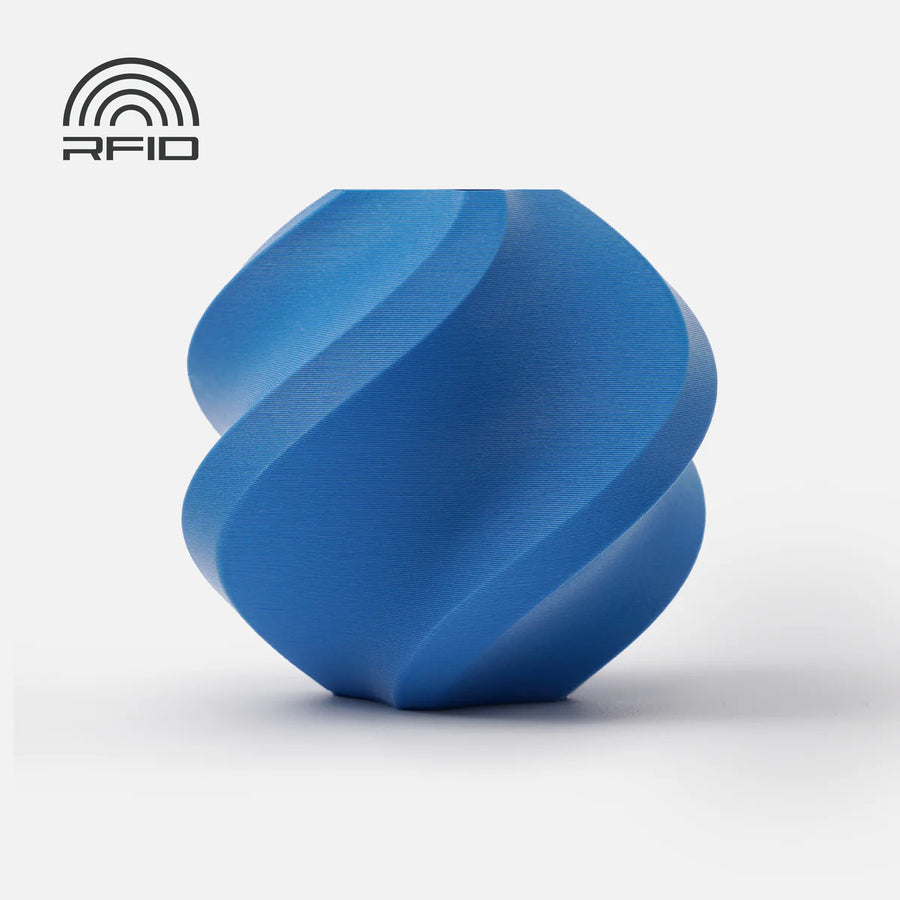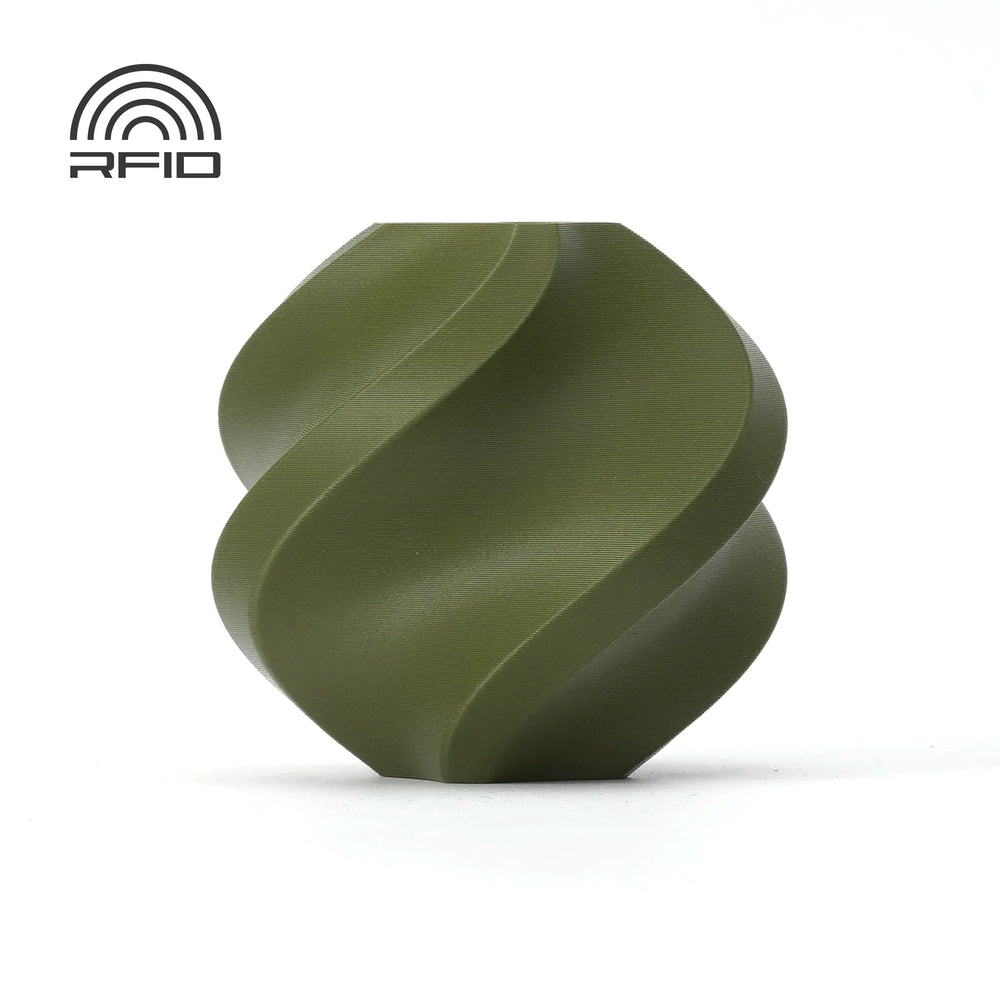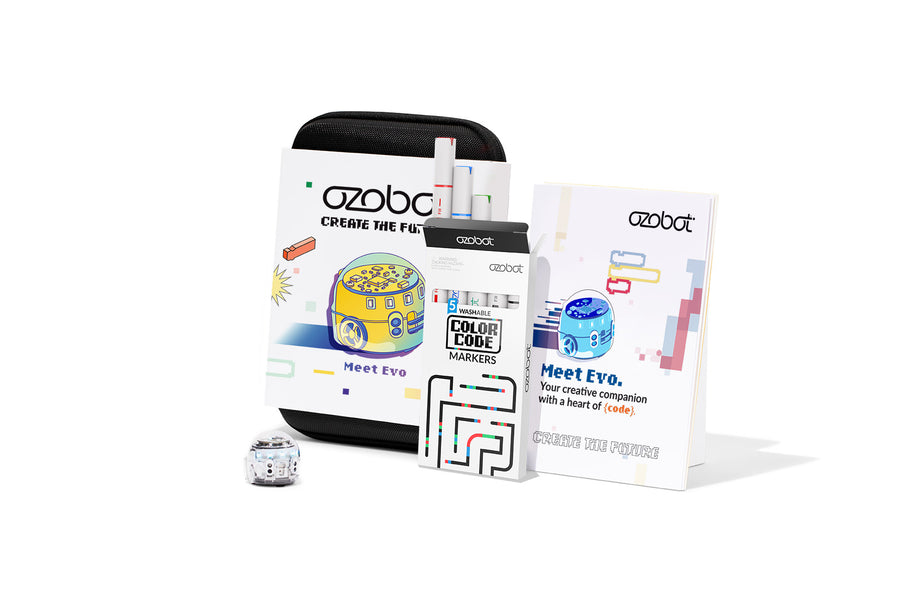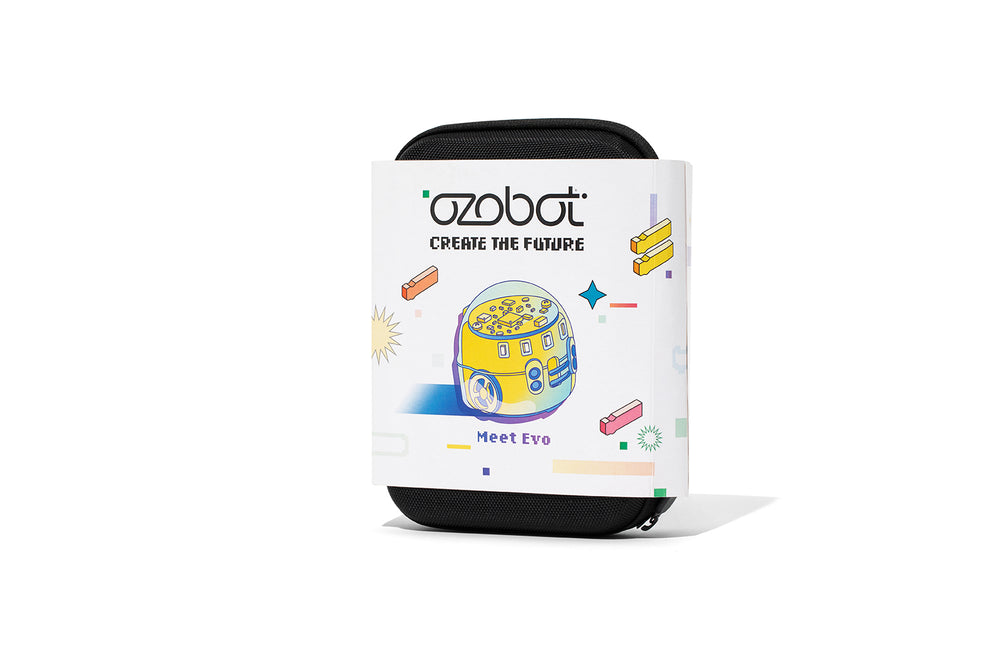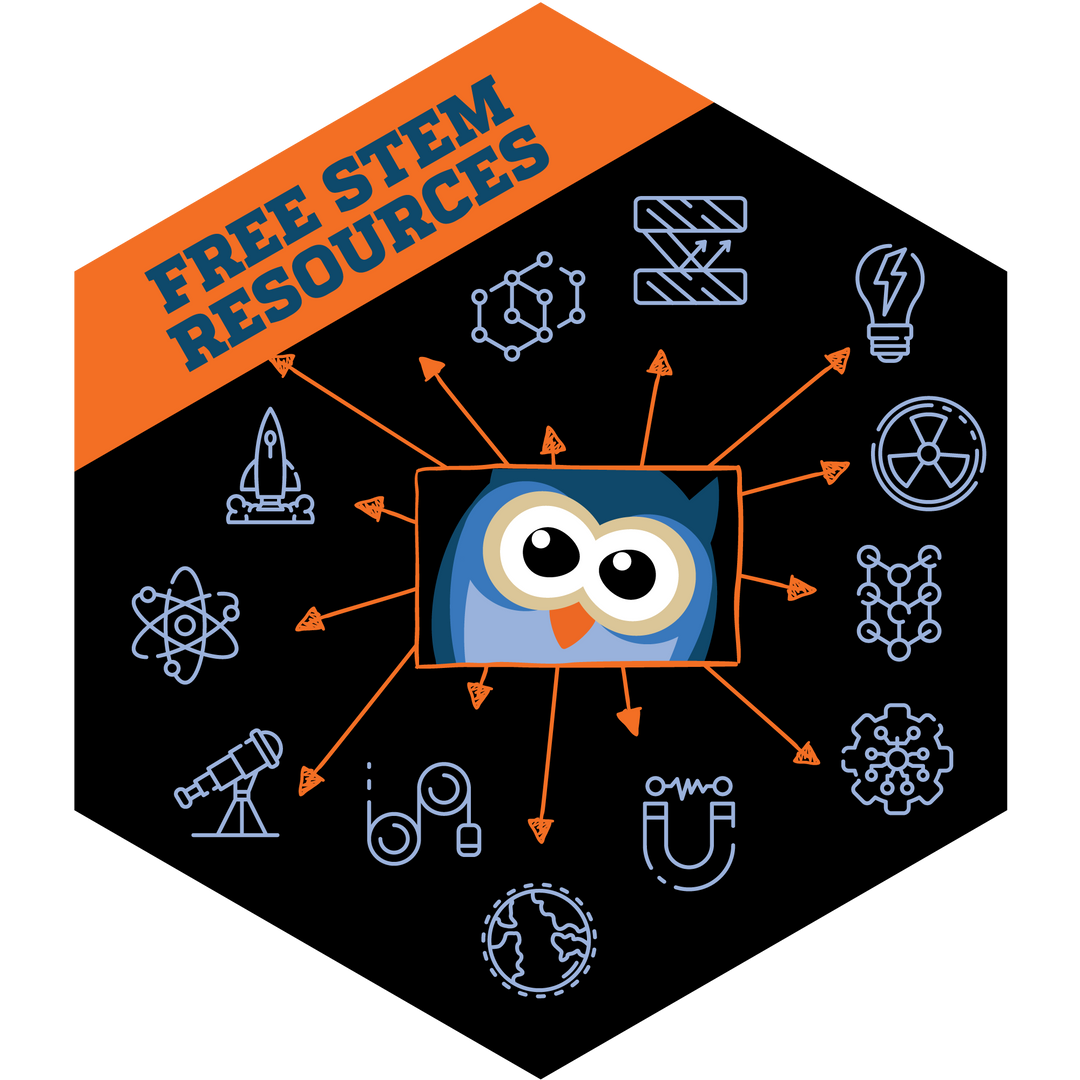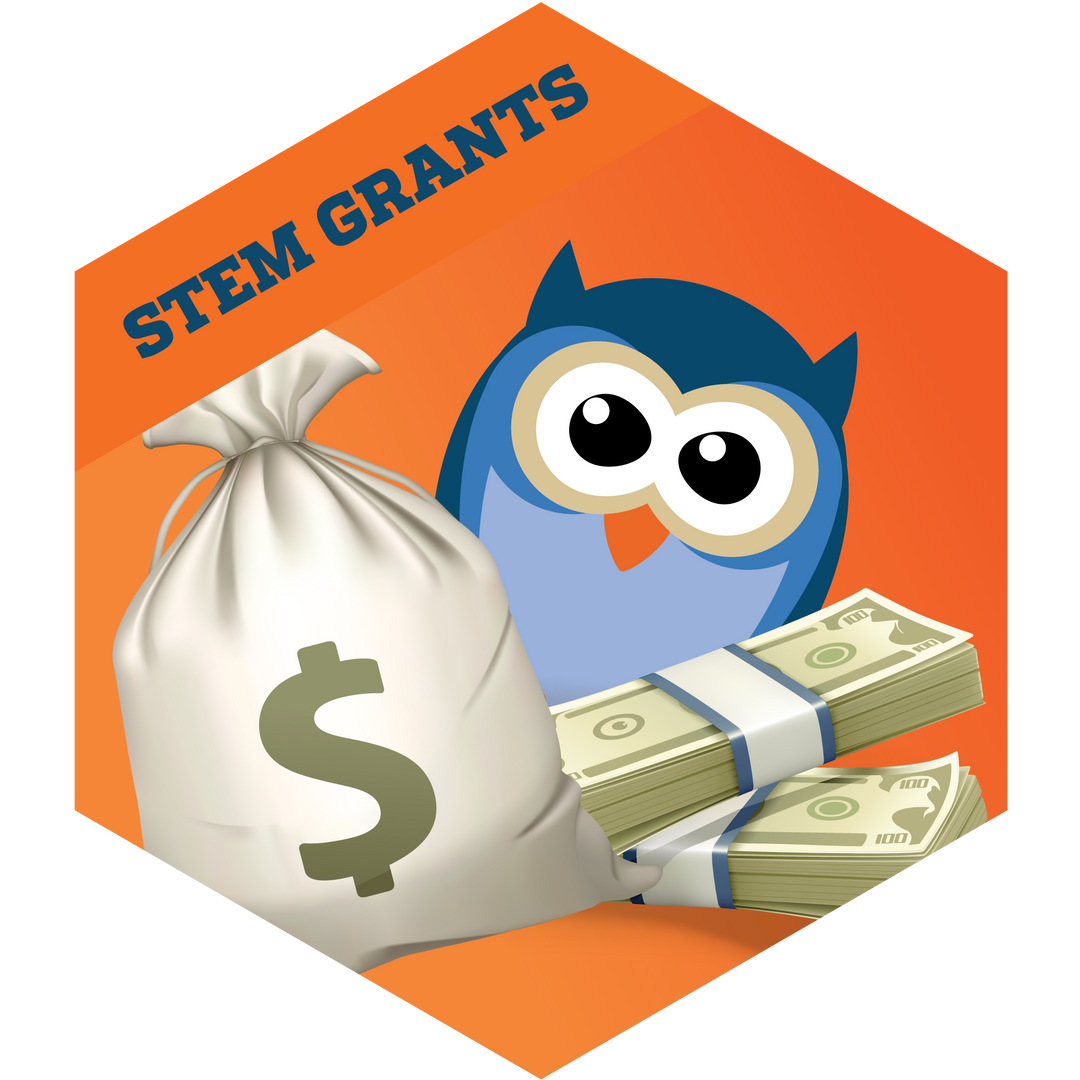AI Meritus
- Grades: 9+
- Number of Students: 1
- Number of Lessons: 50
- Contact Hours: 24
- Additional Resources: Free AI Samples, Real World AI Applications & Additional Resources, AIWS Course Overview, AIWS Course Curriculum Overview
Highlights:
Al Meritus is an advanced AI programming course, and upon completion students will have an impressive portfolio of work that demonstrates their skill and understanding of AI. Through project-based learning, students blend theory and experiential learning to develop 21st century skills such as critical thinking, problem solving, and computational skills.
In the course’s 50 lessons and projects, students design apps that address critical real-life situations, such as a security system for people who can’t use smartphones in an emergency. Students also develop practical apps that navigate, predict the weather, and identify human emotion as well as apps that are just plain fun.
These engaging projects not only keep student interest high, they also teach essential AI concepts like perception, machine learning, deep learning KRR, NLP, and neural networks. To aid in the students’ mastery of AI concepts, they will be provided with the following programming languages: S4AIWS Scratch extension, Sn4AIWS Snap AI extension, Machine Learning for Kids, Teachable Machine, Phiro Code mobile app, MIT App inventor.
Features:
- Age range: 14 plus years
- Level: Advanced
- Duration: 24 Sessions x ~ 1 hour
- Mode: Online and Self-Learning
- Learning content: Rich & Experiential
- # of lessons: ~ 50
- # of quizzes: Six
- Learning Experience: Hands-On
- Concepts: 5 Big ideas in AI
- Coding tools: S4AIWS Scratch AI extension, Sn4AIWS Snap AI extension, Machine Learning for Kids, Teachable Machine, Phiro Code mobile app , MIT App Inventor
- Capstone projects: 1
- Subscription validity: One year
- Course Certificate on Completion
- Membership to AIWS Community
Curriculum or Lesson Topics:
Courses
AI Meritus Chapter 1
This chapter will introduce learners to the basics of AI.
This chapter includes:
- Three Lessons on AI
- 1.1 An Introduction To AI
- 1.2 More About AI
- 1.3 Types And Applications of AI
- One Quiz
AI Meritus Chapter 2
This chapter will introduce learners to Perception and Computer Vision using AI.
This chapter includes:
- Three Lessons on Perception
- 2.1 Introduction To Perception In AI
- 2.2 Intelligent Sensors and Perception
- 2.3 Computer Vision and Perception
- An Introductory lesson to Scratch4AIWS
- 2.4 Introduction to S4AIWS - Scratch with AI Extension
- Five AI Challenges
- One Quiz
AI Meritus Chapter 3
- Four Lessons on AI
- 3.1 Introduction to Machine Learning
- 3.2 Types of Machine Learning-I
- 3.3 Types of Machine Learning-II
- 3.4 Deep Learning
- An Introductory Lesson to Machine Learning for Kids
- 3.5 Introduction to MIT APP Inventor
- Five AI Challenges
- One Quiz
AI Meritus Chapter 4
- One Lesson on KRR
- 4.1 Intro to Knowledge Representation and Reasoning
- One Introductory Lesson to Snap4AI
- 4.2 Introduction to Snap4AI
- Four AI Challenges
- One Quiz
AI Primus Chapter 5
This chapter will introduce learners to the idea of Ethics in AI.
This chapter includes:
- One Lesson on AI Ethics
- 5.1 Ethics and Biases in AI
- One Introductory Lesson to MIT APP Inventor
- 5.2 Introduction To MIT APP Inventor
- Four AI Challenges
- One Quiz
AI Primus Chapter 6
This chapter will introduce learners to the basics of Natural Language Processing and Interaction.
This chapter includes:
- Three Lessons on NLP
- 6.1 Introduction to NLP
- 6.2 NLP models and Algorithms
- 6.3 Techniques of NLP
- One Introductory Lesson to Pocket Code
- 6.4 Introduction to Phiro Code
- Five AI Challenges
- One Quiz
Curriculum
| Themes and Modules | Learning Outcomes |
| Can AI recognise alphabets? | Create a Machine Learning Model that recognizes English alphabets. |
| How can machines understand sign language? | Model a Machine Learning system that recognizes sign languages by testing and training it. |
| How does AI track finger positions? | Design a program to identify and track the position of finger joints. |
| How can we enable AI to track user based on his nose position? | Analyse the position of human nose and create a program to track the same. |
| Can AI differentiate animal sounds? | Tinker with an AI system which is able to recognize different animal sounds and program the system to detect poaching. |
| What is NLP? | Develop a smart app that can take photos automatically & can adjust the settings based on the commands given using Natural Language Processing |
| Do machines understand human language? | Create an app to use speech recognition & text extraction/classification and understand the differences between past & present scenarios along with speech generation. |
| Can machines obey commands? | Design an app to identify the part of day & label them correctly irrespective of the misleading commands given. |
| How can we enable image classification using computer vision? | Build an app that will analyse the video data using Computer Vision and suggest similar products/things related to the content of the video data. |
| How to create a security system? | Secure AI is an emergency app designed for people who are unable to use smartphones in emergency situations. The app uses Sense perception & Speech to text conversion to get the people's command & act appropriately. The server app send the emergency signal while the client app alerts other persons regarding the emergency |
| What is Perception? | Learn about Perception in AI and develop an AI programme that will detect compass directions. Demonstrate how computers sense and perceive the world around them. |
| Can AI model Dizzy Effect? | Explore Perception in AI by analyzing the smartphones sensor and develop an AI programme to make the avatar react according to changes in sensor value. |
| How does AI support decision trees? | Learn to code and create a program to play the "Guess the Number" game using Speech Recognition and generation tools. |
| How do machines recognise speech? | Learn to code and develop an AI program to "navigate from one place to another" using Speech Recognition tools |
| What are Speech recognition and Generation tools? | Code and create an Interactive Avatar program which utilizes Speech Recognition and generation tools. |
| Leaning with AI, is it possible? | Develop a project that draw while you lean left or right in front of the camera. |
| Is it possible to change costumes over a photo? | Build a program to style transfer costumes over a photo. |
| Can AI provide dynamic weather reports? | Develop a program that shows and gives the weather report. |
| How does AI answer questions asked? | Plan and develop a program that fetch data from Wikipedia for the questions we asked. |
| Can AI detect when a user touches his face? | Learn about face detection and how it shows message while you touch your face. |
| What are Conversational Agents? | Work on a text based conversational agent project to explore how supervised learning functions on different chatbots in banks,online courses etc. |
| How does AI classify images? | Develop an AI Image classification program that will recognize and identify different objects based on the data provided by the user. |
| Can AI differentiate a happy face and sad face? | Develop an AI Image classification program that will recognize and identify happy or sad human faces based on the data provided by the user. |
| Can we build a Voice Assistant? | Explore the working of Alexa, Siri and other conversational agents, and interpret how they grasp user intent also create a basic AI Voice User Interface (VUI) program. |
What’s Included:
1-year access to 1 student for AI World School's AI Meritus course program.
Additional Information and Resources:
- Free AI Samples
- Real World AI Applications & Additional Resources
- AIWS Course Overview
- AIWS Course Curriculum Overview
Technology Requirements/Specifications:
Minimum Tech Requirements:
- Operating System: Windows 10+
- CPU: Intel Core i3 & above | 64 bit processor
- RAM: 4 GB minimum
- Network: Wired DSL Internet Connection, 40 Mbps minimum
Special Notes and Considerations:
PLEASE NOTE: This product is a temporary digital license and not a physical product. We DO NOT accept returns or refunds on digital licenses.


